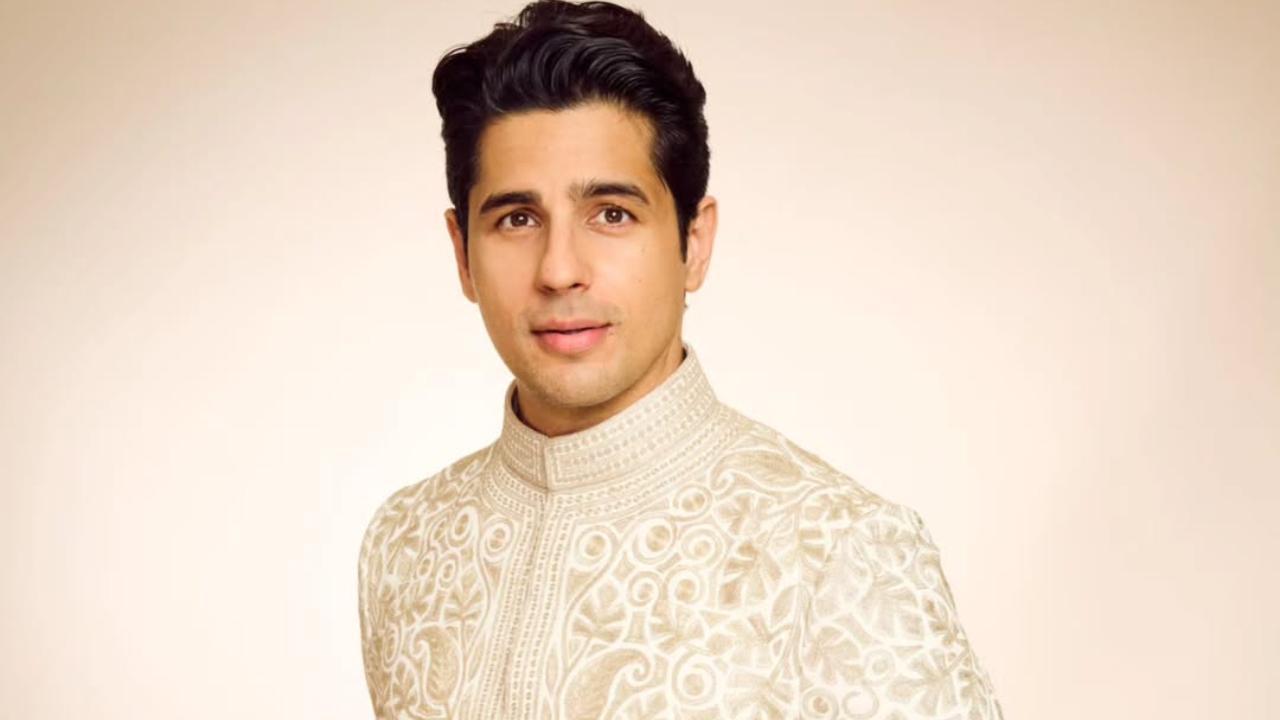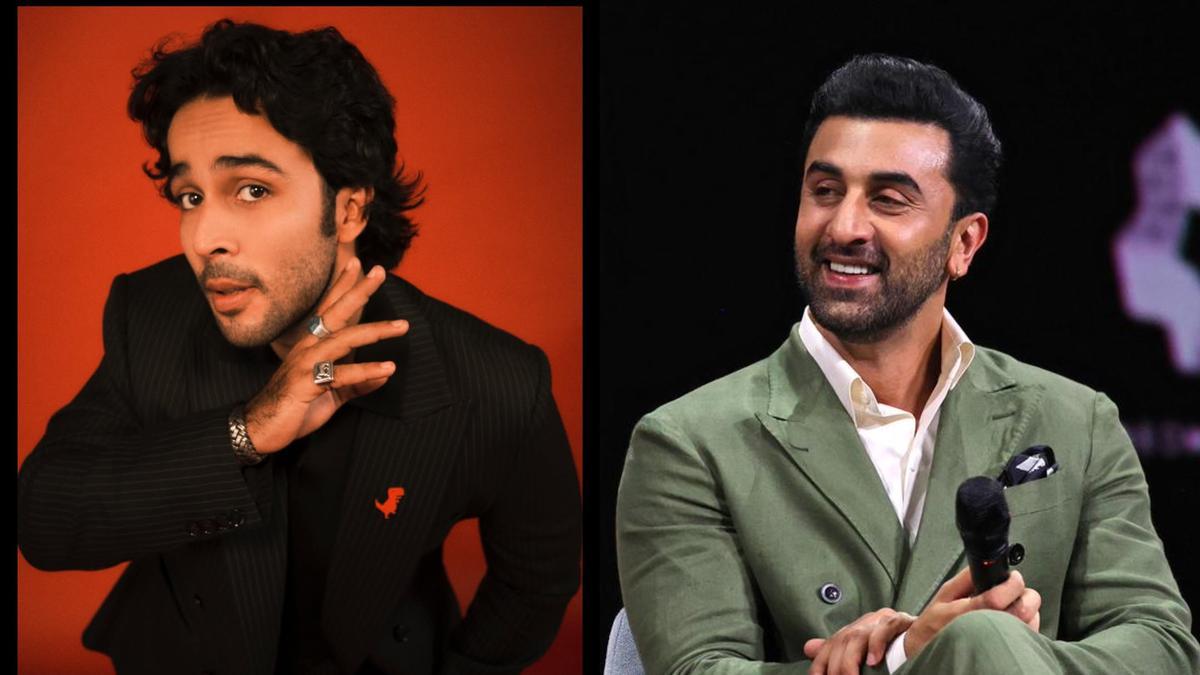
The film “Jigra,” directed by Vasan Bala and featuring a star cast including Alia Bhatt and Vedang Raina, seems to have suffered from what appears to be an incomplete script. The storyline, brimming with potential in its initial hour, unfortunately declines in the latter half, effectively portraying an unfinished narrative that succumbs to repetitive action sequences—a phase described colloquially as “second half, bas goli-barood (just guns, bombs)!”
“Jigra” is an action thriller that unfolds in a gripping universe filled with intriguing transitions—from cigars morphing into crackers and glasses blending seamlessly into skyscrapers—each shot meticulously crafted to captivate the viewer. The film features scenes imbued with warmth, such as an inmate and visitor’s fingers gently touching through a prison’s glass partition, evoking a sense of vulnerability and human connection.
The plot, however, feels stretched as it progresses, attempting to sustain itself on what feels like an unending climax. The music, paced to capture a myriad of moods, becomes a tool used to salvage the narrative when the storyline itself begins to falter. This approach leaves viewers asking: how much can be setup to justify a payoff that appears to extend indefinitely?
The film is set in a fictional city-state resembling Singapore, marked by its stringent legal penalties, and hints of cultural fusion evident in the dialogue and setting. The storyline pivots on a scenario reminiscent of the documentary series “Banged Up Abroad,” as it navigates the life of an Indian citizen wrongfully detained for drug possession. Vedang Raina, of “The Archies” fame, portrays the unjustly imprisoned character, whose life hangs in the balance as he faces capital punishment.
Alia Bhatt, riding the wave of her recent successes such as “Heart of Stone” and “Gangubai Kathiawadi,” embraces the role of the fierce protector, determined to save her brother. Despite her petite frame, Bhatt delivers a powerful performance, a testament to the film’s thematic on courage over physicality—a narrative reminiscent of Bachchan’s celebrated on-screen power.
.
The emotional undercurrent between the siblings is expounded upon, rather than deeply felt, with their father’s tragic suicide—a motif reappearing throughout—introducing the film’s opening. These dramatic elements, primarily staged in an East Asian prison setting, aim to draw the audience into a world laden with suspense and despair, while characters natively converse in Hindi, infusing a sense of cultural authenticity amidst the outrageously dubbed surroundings.
Vivek Gomber takes on the antagonist’s mantle, portraying a prison official whose presence refuses to dwindle, much like the narrative itself, which seems to venture stylistically from Bombay and Singapore to the explosive visions of a Michael Bay film. As the plot unfolds, one might find themselves searching outside the confines of the screen, inspired by dialogues such as the one rooted in the “Hope experiment with rats”—a testament to survival through hope, a parallel to Bhatt’s character’s own tenacity against all odds.
Nevertheless, for a film so ambitious in its presentation, “Jigra” ultimately buckles under the weight of its elaborate setup, leaving the audience perplexed amid its chaotic execution. Alia Bhatt’s compelling portrayal notwithstanding, maintaining focus proves challenging when enveloped in continued explosions that overshadow plot progression.
In a cinematic landscape where scripts often start strong only to lose momentum, “Jigra” finds itself a notable mention. The promising buildup gives way to a stylistic bombardment that feels unearned, invoking more questions than answers. But, if the allure of Alia’s action-packed sequences is enough for some, then perhaps “Jigra” invites them to experience its world firsthand, for they just might find themselves entertained by the spectacle it offers.










